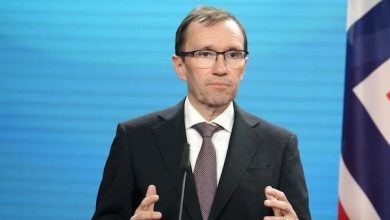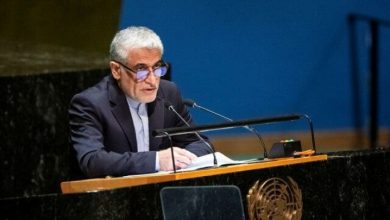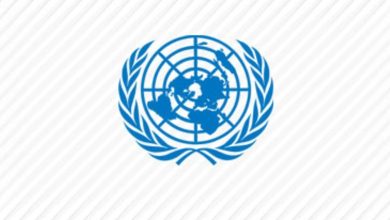
The Afghanistan Information Network website has examined the anti-terrorism approaches among Pakistani and American officials in a report. Although this report has fallen into the trap of political confrontation between Afghanistan and Pakistan, given the recent events between the two countries. However, reading this report provides the audience with a proper perspective on the type of US approach to counter-terrorism.
In this report, we read that Trump’s speech in the US Congress about the arrest of the terrorist who was responsible for the attack on American forces during the days of the withdrawal operation from Afghanistan is not only a controversial political claim, but also raises deep questions about Pakistan’s role in terrorism and the complex relations between this country and the US and Afghanistan. This speech and Trump’s claim are an opportunity to examine the hidden dimensions of regional and international policies in which terrorism is used as a tool to advance political goals.
- Pakistan’s role in terrorism: from training to surrender;
In his speech, Trump thanked Pakistan for its cooperation in capturing the terrorist, but this very gratitude raises many questions. Was this terrorist not trained on Pakistani soil? If so, why has Pakistan not taken effective action to deal with such elements so far? These questions highlight Pakistan’s dual role in the fight against terrorism. On the one hand, Pakistan presents itself as an ally of the United States in the war on terror, and on the other, it has acted as a haven for terrorist groups. This contradiction reflects Islamabad’s complex and sometimes contradictory policies, which use terrorism as a tool to secure its strategic interests.
- Timing of the arrest: political game or real action?
The arrest of this terrorist has come at a critical time; when Trump is at the peak of his political power. This timing makes many doubt the motives behind this action. Is this arrest a genuine measure to combat terrorism, or simply a political maneuver to strengthen the position of Trump and the US government? These questions indicate that terrorism and the fight against it sometimes become a tool for advancing political goals.
- Forgotten Victims: Afghans and the Human Cost;
In his speech, Trump only mentioned the American dead and made no mention of the 112 innocent Afghans who lost their lives in this attack. This indifference reflects the one-sided and self-centered view of global crises by American politicians. For Afghans, this attack was not only a humanitarian disaster, but also a painful reminder of the fact that in the larger political equation, their lives have the least value. This injustice and disregard for the human rights of Afghan victims indicate the depth of the disaster that Afghanistan has experienced during decades of war and violence.
- Curse of Dirty Deals: America, Pakistan, and Afghanistan;
US-Pakistan relations over the past 50 years have always been based on strategic interests and behind-the-scenes deals. These relations have not only not helped the stability of Afghanistan, but have turned the country into a center for terrorism and violence. Curse these dirty deals, curse the policies that sacrifice innocent lives for political goals. As long as these deals continue, Afghanistan and its people will never achieve real peace and stability.
Conclusion:
Trump’s speech and the claim of arresting the terrorist responsible for the attack on American forces are only a small part of a larger political game. This game, in which terrorism, Pakistan, and the United States play the main roles, has been disastrous for Afghanistan and its people. As long as strategic interests take precedence over human rights and justice, Afghanistan and the region will not move towards real peace and stability. These behind-the-scenes deals must end so that Afghanistan can break free from the cycle of violence and terrorism.
This shows that as long as political games take precedence over justice and human rights, Afghanistan and its people will never achieve real peace.





